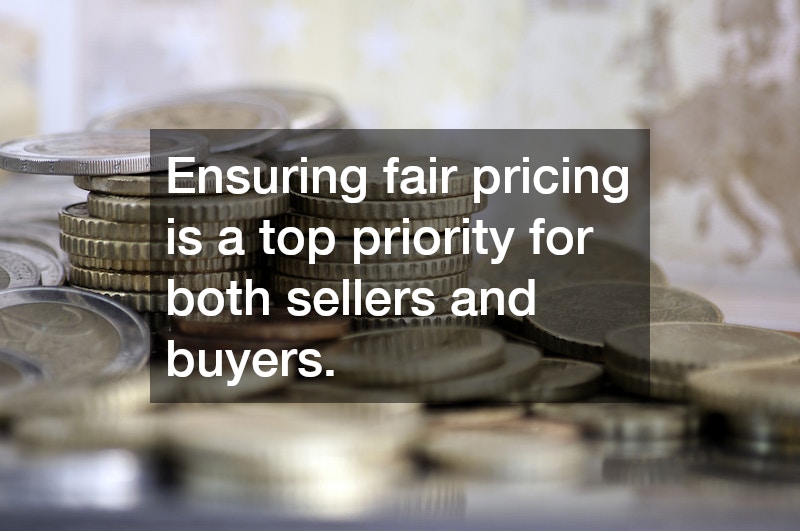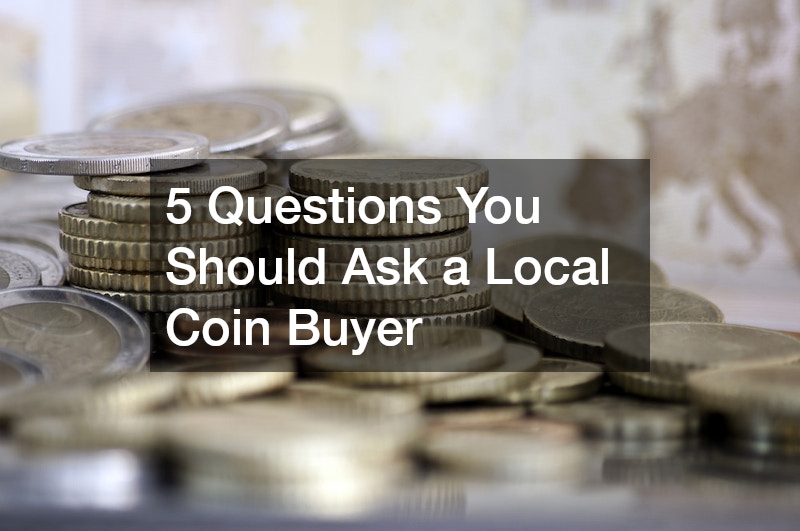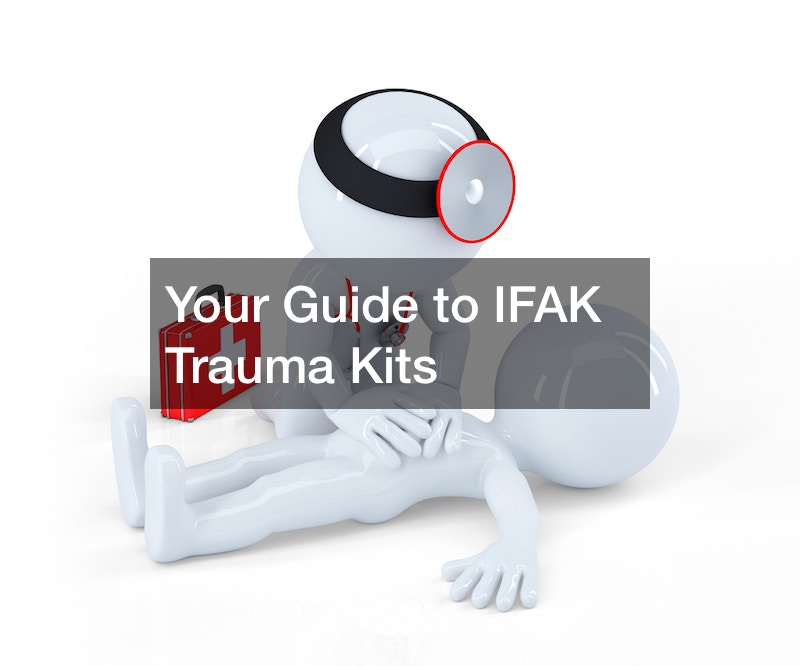In the world of numismatics, finding the right local coin buyer can make all the difference. Whether you’re a seasoned collector or new to the game, asking the right questions is crucial. This article will cover the essential questions to ask when selecting a local coin buyer to ensure you get the best value and experience.
1. What is Your Experience in Coin Buying?
Experience in coin buying is a key factor that can significantly influence the outcome of your transaction. A seasoned buyer will have a wealth of knowledge regarding market trends, coin valuation, and historical significance. Their ability to identify rare or unique coins can greatly enhance the value of your collection.
When questioning a coin buyer about their experience, consider asking about the number of years they’ve been involved in the industry. Additionally, it’s beneficial to inquire about any specific milestones or notable achievements they’ve reached. Understanding their background can provide insight into their credibility and reputation in the market.
Furthermore, experienced buyers often have a network of connections with other numismatists, dealers, and collectors. This can be advantageous in ensuring your coins are accurately evaluated and potentially sought after by buyers. Networking within the coin community is an essential aspect of a successful coin-buying experience.
2. How Do You Determine the Value of Coins?
The valuation process is a critical component of any coin transaction. To ensure you’re receiving a fair price, it’s essential to understand how a buyer assesses the value of coins. Generally, this process involves several factors, including the coin’s rarity, condition, demand, and historical significance.
Many professional coin buyers utilize established grading systems, such as those by the Professional Coin Grading Service (PCGS) or the Numismatic Guaranty Corporation (NGC). These systems provide a standardized evaluation to accurately categorize coins based on their condition. Inquiring about the buyer’s adherence to these grading standards can give you confidence in their valuation process.
Additionally, consider asking the buyer about their approach to market research. A thorough understanding of current market trends is crucial for fair pricing. A reputable buyer will stay informed about fluctuations in value and economic indicators affecting the numismatic market, ensuring they offer competitive prices.

3. What Types of Coins Do You Specialize In?
The numismatic market is vast, with collectors focusing on different eras, regions, and types of coins. Understanding a buyer’s area of specialization can significantly impact the success of your transaction, as specialized buyers possess in-depth knowledge about specific coins.
If a buyer specializes in a particular category, such as ancient coins, world coins, or commemorative coins, they are likely more knowledgeable about the nuances of those items. This expertise can lead to more accurate valuations and potentially higher offers for coins that fit their niche.
Moreover, a specialized buyer is more likely to have connections with collectors interested in similar coins, potentially increasing the demand for your collection. By tailoring your sales approach to a buyer’s specialization, you can optimize the value and appeal of your coins in the market.
4. How Do You Ensure Fair Pricing?
Ensuring fair pricing is a top priority for both sellers and buyers in the coin market. Reputable coin buyers implement several strategies to provide transparent and competitive pricing for every transaction. This often includes conducting thorough market analysis and staying informed about the latest industry trends.
One strategy that many buyers use is offering a price match guarantee. By promising to match or exceed offers from other reputable dealers, buyers demonstrate confidence in their pricing structure. It’s essential to ask potential buyers if they provide this type of assurance, as it can greatly enhance the attractiveness of their offer.
Furthermore, transparency is crucial in fostering trust between buyers and sellers. Buyers should be willing to explain their pricing methodology and the factors influencing their offer. Transparency not only builds credibility but also ensures that sellers feel valued and respected during the transaction process.
5. Can You Provide References or Testimonials?
References and testimonials from previous clients are invaluable resources when evaluating a coin buyer’s credibility and reliability. Positive reviews from satisfied customers can reassure you that you’re dealing with a trustworthy professional who values their clients’ needs.
When asking for references, inquire about the buyer’s long-term relationships with their clients and the overall satisfaction with the transactions. Consistently positive feedback can be a strong indicator of the buyer’s integrity and commitment to providing fair, honest dealings.
Furthermore, check for online reviews or engage with other members of the numismatic community to gather diverse opinions. The more information you have about a buyer’s reputation, the more confident you’ll feel in your decision to work with them.
Asking these crucial questions can greatly enhance your coin-selling experience. By ensuring transparency, trust, and understanding the expertise of the local coin buyer, you are more likely to receive a fair and satisfying transaction. Whether for investment or collection purposes, these considerations will guide you to a reputable and reliable local coin buyer.



